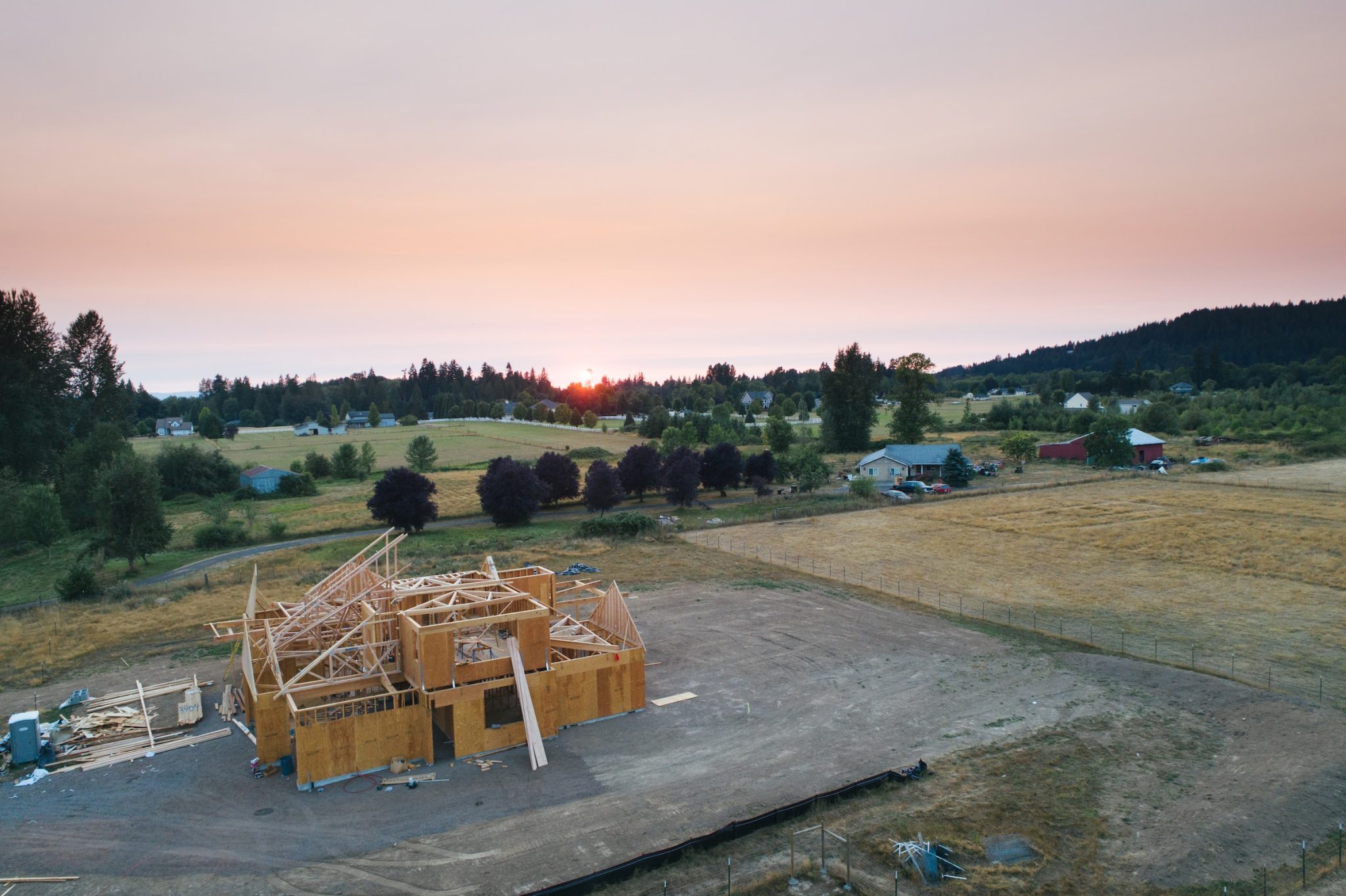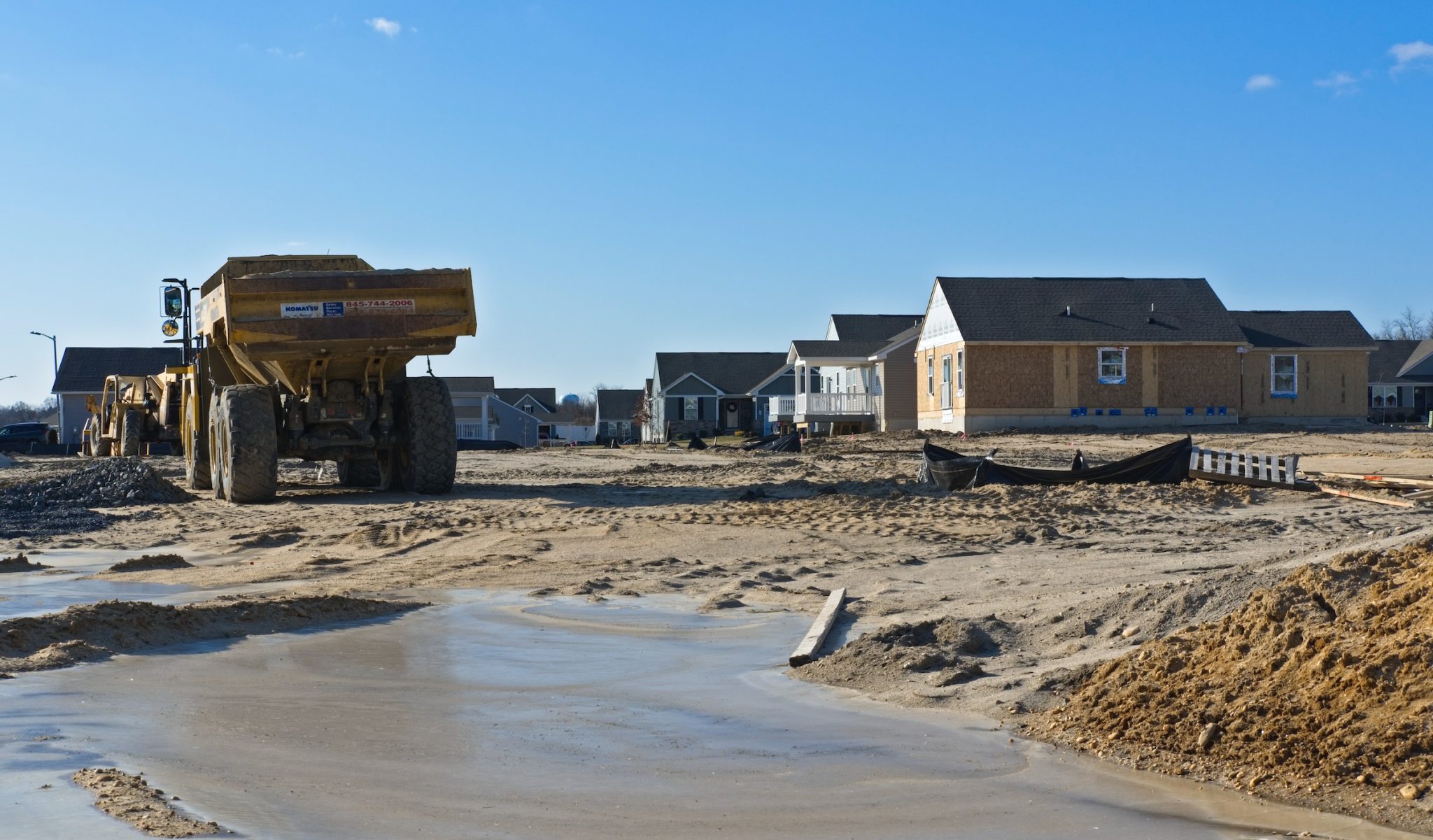Land zoning is a critical aspect of urban planning and development that often goes unnoticed by the average person. However, it plays a significant role in shaping the communities we live in and the way we interact with our surroundings. Whether you’re a homeowner, business owner, or simply interested in understanding the dynamics of land use, having a grasp of land zoning is essential. In this blog, we will explore six important things you should know about land zoning and why it matters.

Table of Contents
The Purpose of Land Zoning
The purpose of land zoning is multifaceted and serves several crucial objectives in urban planning and development. First and foremost, land zoning aims to maintain orderly development by organizing different areas for specific uses. By designating zones for residential, commercial, industrial, and agricultural purposes, zoning ensures that incompatible activities are separated, promoting harmonious and efficient land use. Additionally, land zoning plays a vital role in protecting public health and safety, these are just a few of the reasons why land zoning is important in the world. These regulations help mitigate potential hazards, such as keeping industrial facilities away from residential areas or ensuring adequate infrastructure for a growing population. Moreover, land zoning seeks to preserve natural resources and environmental quality by designating conservation zones, protecting sensitive habitats, and promoting sustainable development practices.
Different Types of Zoning
Land zoning encompasses various types that are essential for organizing and managing different land uses within a community. Residential zoning primarily focuses on areas designated for housing, with specific regulations on the types of residential structures allowed, such as single-family homes or multi-unit buildings. Commercial zoning, on the other hand, designates areas for businesses, offices, and retail establishments, ensuring they are concentrated in appropriate locations to support economic activity. Industrial zoning identifies areas for manufacturing, warehousing, and industrial operations, considering factors like noise levels and potential environmental impacts.
Zoning Districts and Regulations
Zoning districts and regulations form the backbone of land zoning, providing the framework for how land is classified and what activities are permitted within each district. Zoning districts are specific areas within a jurisdiction that have been assigned a particular zoning designation, such as R-1 (residential), C-2 (commercial), or I-3 (industrial). Each district comes with its own set of regulations that govern land use, building size and height restrictions, setback requirements, parking provisions, and more. These regulations are designed to maintain a balance between different land uses, promote safety and aesthetics, and protect the overall character of a community.
The Role of Zoning Boards and Processes
Zoning boards play a vital role in the land zoning process, ensuring that development and land use decisions align with established regulations and community objectives. These boards, often known as zoning commissions or planning boards, are typically composed of appointed or elected officials who have expertise in urban planning, land use, and zoning regulations. Their primary function is to review and make decisions on zoning-related matters, including zoning variances, rezoning requests, and conditional use permits. These boards also oversee the approval process for development projects, conducting public hearings where interested parties can voice their opinions and concerns. These boards act as impartial decision-makers, weighing the interests of property owners, the community, and the overall goals of the zoning regulations.

Potential Impacts on Property Owners
Land zoning regulations can have significant impacts on property owners, both in terms of opportunities and limitations. One of the key impacts is the constraint on land use and development. These regulations dictate what types of activities and structures are permitted on a property, which can limit the range of potential uses and development options. For example, a residential zoning designation may restrict a property owner from operating a business on their premises. Additionally, zoning regulations can have an effect on property values. These designations that promote desirable land uses, such as residential areas with good schools or commercial districts with high foot traffic, can enhance property values.
Importance of Staying Informed and Engaged
Staying informed and engaged in land zoning matters is of utmost importance for property owners, businesses, and community members. Being knowledgeable about local zoning ordinances and regulations empowers individuals to make informed decisions regarding property use, development plans, and potential investments. It allows them to understand the specific requirements, restrictions, and opportunities associated with their land. Furthermore, staying engaged in the zoning process enables individuals to have a voice in shaping the development and character of their community.
In conclusion, understanding land zoning is essential for property owners, businesses, and community members alike. The purpose of land zoning goes beyond mere organization; it plays a crucial role in maintaining orderly development, protecting public health and safety, promoting efficient land use, and preserving natural resources. By familiarizing ourselves with the different types of zoning, such as residential, commercial, industrial, agricultural, mixed-use, and special purpose, we gain insight into how these designations shape our communities.
- About the Author
- Latest Posts
Whether she is researching the latest trends in home decor, life-changing destination getaways, or the best way to maintain your finances, Dewey takes pride in leaving no stone unturned. She is passionate about distilling and delivering high-quality information that you can use to upgrade your life.

